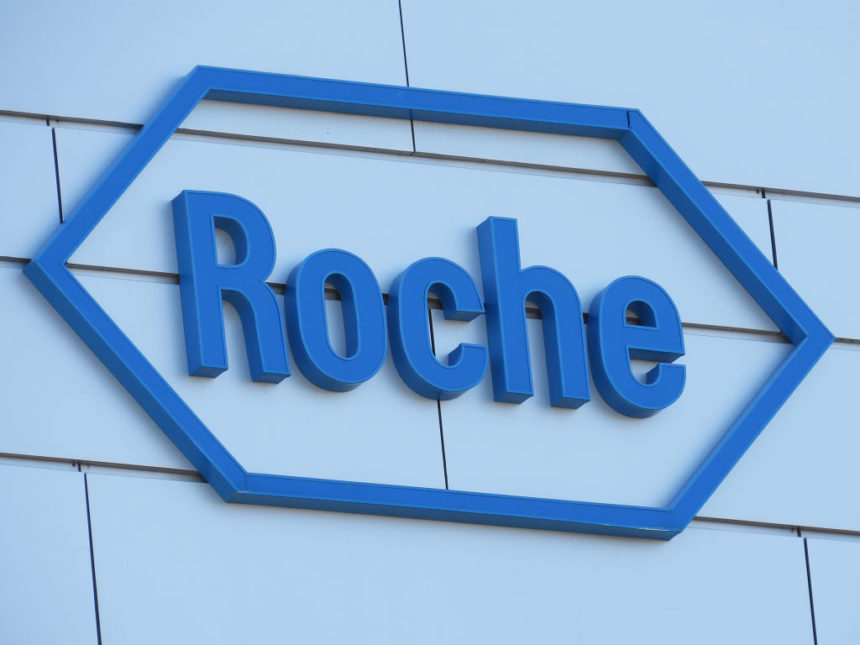Roche partnered with Alnylam to develop and advance zilebesiran, an RNA interference (RNAi) therapeutic for hypertension, the company announced Monday morning.
Zilebesiran is an investigational drug that targets angiotensinogen (AGT), a chemical in the body that can contribute to the narrowing of blood vessels, thus exacerbating high blood pressure. The drug works by limiting AGT in the liver and ultimately in the circulatory system.
Roche, which paid Alnylam $310 million upfront for the drug, notes that zilebesiran is being developed for hypertension in “high unmet need populations.” Alnylam is also eligible for additional developmental, regulatory and commercial milestones as part of the agreement.
Phase 1 data shows the drug has promise in providing “transformational benefit,” the company said in a press release, and has potential in boosting adherence because patients would only need two injections per year.
That same study found that the drug resulted in consistent tonic blood pressure control that was sustained over the course of six months with one injection. The current KARDIA Phase 2 trial is investigating zilebesiran as either a monotherapy or in combination with several other antihypertensive drugs.
Under the agreement, Alnylam and Roche will co-commercialize the drug in the U.S. and split costs and profits equally.
“We are thrilled to announce this collaboration, as it combines Alnylam’s proven track record in RNAi therapeutics with Roche’s global commercial reach, commitment to innovation and desire to transform the landscape for patients with severe cardiovascular diseases,” Alnylam CEO Yvonne Greenstreet said in a statement.
The partnership with Alnylam also gives Roche access to Alnylam’s RNAi therapeutics expertise and allows the companies to “develop zilebesiran in a more robust way,” Greenstreet added.
In addition to zilebesiran, Alnylam developed Onpattro, an RNAi therapeutic for polyneuropathy in patients with a rare disease known as hereditary transthyretin-mediated amyloidosis. This became the first RNAi drug to be approved by the Food and Drug Administration in 2018.
In the years following, Alnylam churned out several more RNAi drugs that won FDA approval, including Givlaari for acute hepatic porphyria, Oxlumo for primary hyperoxaluria type 1, Leqvio for atherosclerotic cardiovascular disease and Amvuttra, also for polyneuropathy of hereditary transthyretin-mediated amyloidosis.
Its pipeline currently consists of nearly a dozen other RNAi drugs. These therapeutics work by interfering with mRNA and “silencing” the production of certain disease-causing genes.
Roche Pharma CEO Teresa Graham noted in a statement that the company plans to make a “significant impact” for patients living with hypertension at high cardiovascular risk and other cardiovascular indications.
“We are excited to work together with Alnylam and leverage our strong R&D capabilities, our leadership in cardiovascular diagnostics and our global commercial footprint to further develop and provide this promising therapy with best-in-disease potential to patients,” Graham added.







